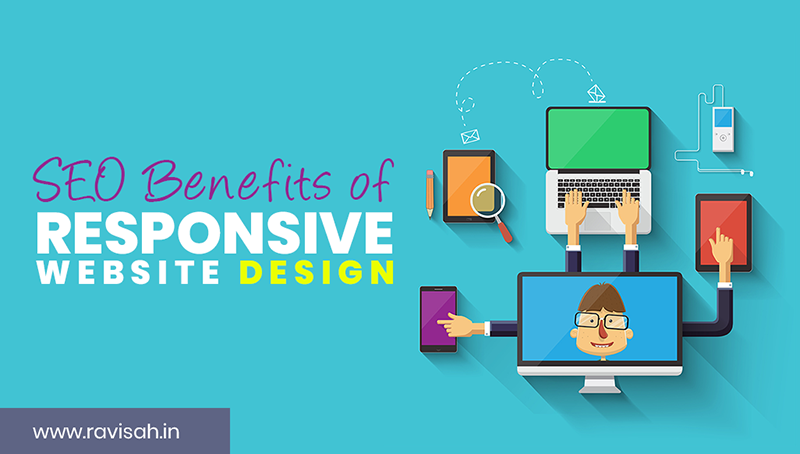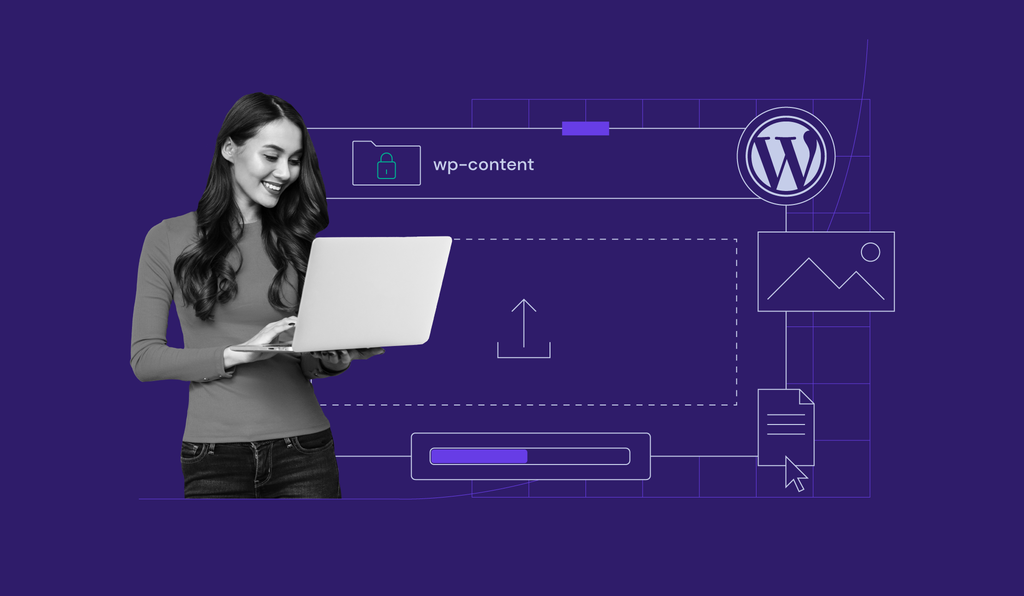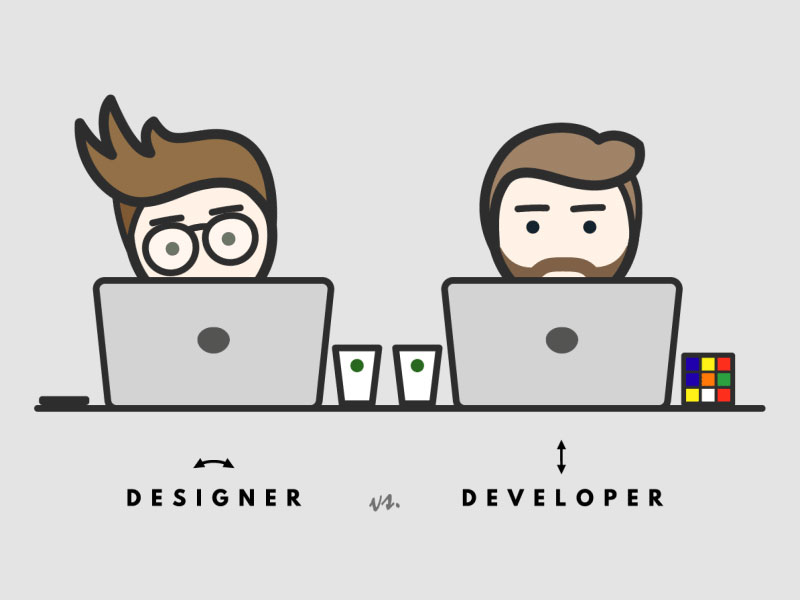
In the dynamic world...


Mobile has developed as a basic part for the web user and advanced business, with over 60% of questions inside search engines originating from cell phones, for example, tablets and smart devices.
However, in spite of this glaring pattern, a number of brands are neglecting to convey an easy to use versatile experience for their clients. An ongoing report analyzed by 'LogMeIn,' related to inquiring about firm 'Vanson Bourne,' found that only 52% were happy with the experience they had while drawing in with a business on mobile. Much disturbing out of all is that around 91% said it would be doubtful that they would work together again with a firm conveying a terrible mobile experience.
Responsive website design, which used to be an imaginative structure strategy, has now gotten a standard among website specialists and website architecture stages. With Google's ongoing move to a "mobile-first" file, the responsive structure would never be as significant for SEO as it is today -
Here are the Top 4 SEO benefits of responsive website design that you should have a look at -
Responsive website composition has gotten similarly as significant a need as Search Engine optimization, and standard content. As of April 2018, Google has started the utilization of mobile usage as a positioning sign and has been candid with its transition to a "mobile-first" list. This implies that if your site isn't upgraded for mobile as a need, taking everything into account, the competitor's site that is, will probably outrank you in their list.
You can possibly be liable for this, yet a large number of organizations have been using both a desktop version of a site and a portable version as well. Now and again, this leads to a copy of content over the web. Keep in mind that to Google bots, any unmistakable URL is viewed as a unique and remarkable page/site.
As per Hubspot (and various different examinations), if your site is taking over 3 seconds to load, you will be losing somewhere in the range of 40-50% of new users. One more investigation by Kissmetrics shows that around 79% of guests disappointed with your site's presentation and will, therefore, declined to visit the website again.
Improving page load speeds has a well-archived direct effect on the client's apparent positive experience on your site.
At the point when you lay, some emphasis on the clients and their desire for understanding of a website page, the client experience is, and ought to be, a need over innovative plans and UI structures.
Guaranteeing the client experience is a need that comes down to structure, route, and simple entry. Responsive website composition makes your webpage mobile-friendly and organizes both meaningfulness and navigational route for your clients.
Conclusion
While the spotlight ought to consistently be on human experience versus machines, it is imperative to comprehend that a considerable lot of the advantages originating from a superior client experience will likewise positively affect web Search Engine.
Craft out your structure, connections, content, and media early. For each, address their particular effect on everything from bounce rate to SEO and client experience. Hence, you will start to set up a solid responsive establishment, and that will lead to the building of the website
Creative Head

In the dynamic world...

In t...

In the dynamic landscape of online conten...

In the world of web and app de...

In the ever-evolving world of web development, staying up-to-date with the latest technologies and frameworks is...

In the world of software development and deployment, efficiency, consistency, and scalability are paramo...

